Within an aquaponics system, there is a delicate ecosystem made up of water, fish, bacteria, and plants. Each part of the system must be healthy for everything to work. Healthy fish are required to produce ammonia waste for conversion by the bacteria into nutritious food for the plants. If the fish suffer, waste production slows and can result in fewer bacteria and poor plant growth. This makes keeping the fish happy and healthy an integral part of running a successful aquaponics garden or farm. Understanding fish disease and fish nutrition will go a long way toward maintaining fish health and keeping your system running smoothly.
Fish Tank Water Quality Considerations
Fish tank health is one of the first and most important areas of focus if you want healthy fish. One of the biggest problems fish face is stress, and it can take a deadly toll on the fish in your tank. For fish, stress is brought on by changes in their environment and poor water quality. Poor water quality will increase stress and could create a breeding ground for disease or result in fish death. Routine water monitoring is essential to keep your fish healthy and to encourage breeding and proper waste level. It is also important that you understand the needs of the fish species you are raising within the system. Only fish with similar needs should be kept in a tank together. Some areas of water quality you should consider and monitor include:
- Water Temperature – The species of fish you are raising will prefer a specific temperature range. For example, tilapia prefers a range between 70 and 80 degrees Fahrenheit, but trout prefer cooler temperatures closer to 60 degrees Fahrenheit.
- Dissolved Oxygen – All fish require proper aeration to keep the dissolved oxygen content of the water high enough to support their health and growth. If the oxygen level is too low, it will slow growth, increase disease risk, and can result in death. As with temperature, certain species of fish will have certain requirements.
- Nitrogen Cycle Levels – Regular measurements of ammonia, nitrites, and nitrates will provide you with information on how well the nitrogen cycle is working and the overall fish tank health. If ammonia or nitrite levels get too high, the water can become toxic to your fish.
- pH Level – The pH level is another important water quality consideration that requires regular monitoring. Fish prefer water with a higher pH, but the plants prefer lower pH levels so maintaining the proper balance is essential for the health of the entire system.
Aquaponic Fish Health and Disease
In addition to the importance of water quality, fish health can be impacted by disease. There are various conditions that can cause problems for the health of the fish in your aquaponics system. Fish disease, fish parasites, and fish fungus can all appear in your tank and quickly spread between fish with disastrous effects. The risk is especially high when introducing new fish to your system, as they may have brought diseases with them. Being able to recognize the warning signs can help you prevent the loss of numerous fish. Check your fish regularly for any of the following signs:
- Skin, Scale, & Fin Changes – Various parasitic and fungal infections will present with a visible change to the fish body, skin, fins, or scales. Check your fish regularly for any signs of disease or changes in their appearance. Ich, short for Ichthyophtirius, is one of the more common fish parasites. It presents as white spots or patches. Fin rot, a bacterial fish disease, can also be observed by looking for damage or wasting of the fins.
- Behavior Changes – Another warning sign of many conditions is a change in behavior. If your fish become lethargic, refuse to eat, or stop swimming, it can indicate a significant problem. Issues like this are often caused by ammonia or nitrite levels that are too high or oxygen levels that are too low.
- Bloating or Raised Scales – If your fish appear bloated or their scales seem to be raised this can be indicative of dropsy or certain other serious health concerns.
If any of the above signs are observed, appropriate action should be taken. Quarantining new fish, isolating those that appear to be infected, and using appropriate treatments for the condition will help prevent fish loss. In many cases, improving the water quality will help prevent the spread of disease and resolve the issue. Certain diseases, like Ich, respond well to salt or heat treatments although these are not appropriate for all species. There are also medications that can be administered for certain diseases, including bacterial infections and some fish fungus.
Aquaponic Fish Nutrition Considerations
While water quality plays a huge role in the overall health of your fish, proper nutrition is also vitally important. Without proper nutrition, your fish will experience slow growth, reduced breeding success, and an increase in diseases. Your fish require a balanced diet and should regularly be provided with healthy food designed to meet their nutritional needs. Their food needs to contain enough protein, fat, fiber, phosphorus, and other vitamins and minerals for them to produce enough waste for your plants and keep the overall fish tank health at a high level. The amount of food you provide will depend on the number of fish in your tank, and can easily be judged by their behavior. If there is food leftover several minutes after feeding, reduce the amount you provide. If the fish seem to eat everything very quickly, increase the amount.
What Should I Feed My Aquaponic Fish?
You should be using an aquaponic fish food that provides 30-40% protein and contains a good source of other essential vitamins, minerals, and nutrients. Keep in mind that younger fish and those living in colder waters will require more protein and fat than older or warmer water varieties. Feeding organic food will ensure that your aquaponic system and the plants you harvest are organic. You can find organic fish food commercially or experiment with homemade varieties. Certain fish species, like Koi, will eat algae and plant material that fall into the tank and may not require as much supplementation with aquaponic fish food. To ensure proper nutrition, some fish food should always be added.
Improving and maintaining fish health in aquaponics is a simple but extremely important task. Keeping the water quality high and routinely monitoring it will help prevent many issues. Proper nutrition is also necessary to encourage growth, waste production, and prevent illness. By feeding your fish healthy, organic foods and monitoring the fish for appearance or behavior changes will help you prevent disease or catch it before it affects your entire tank.
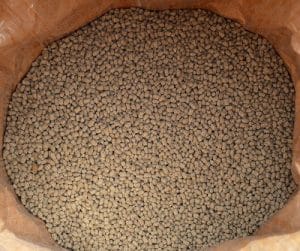

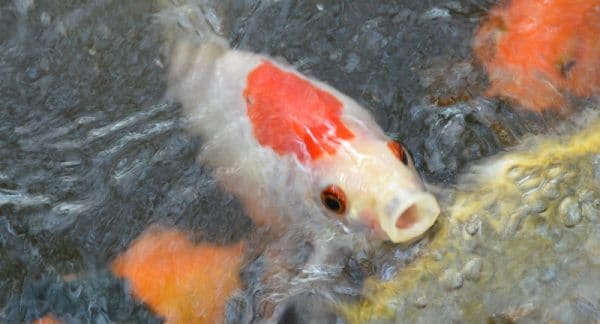
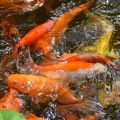
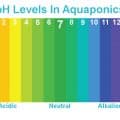

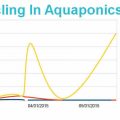
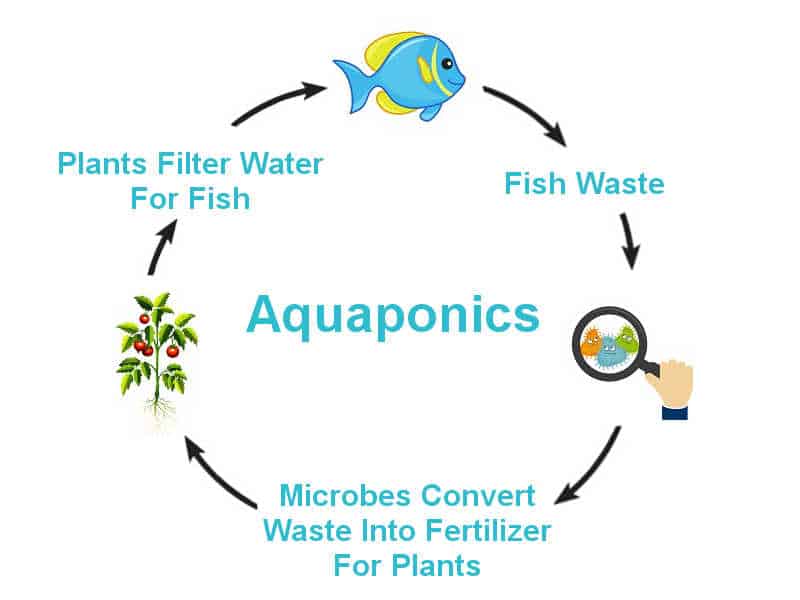


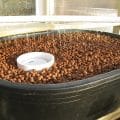
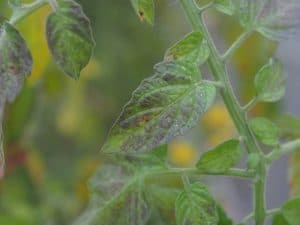


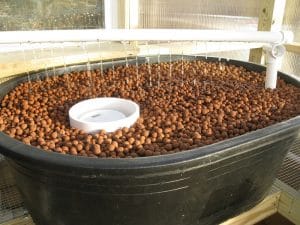
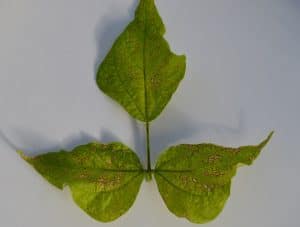
Leave A Comment